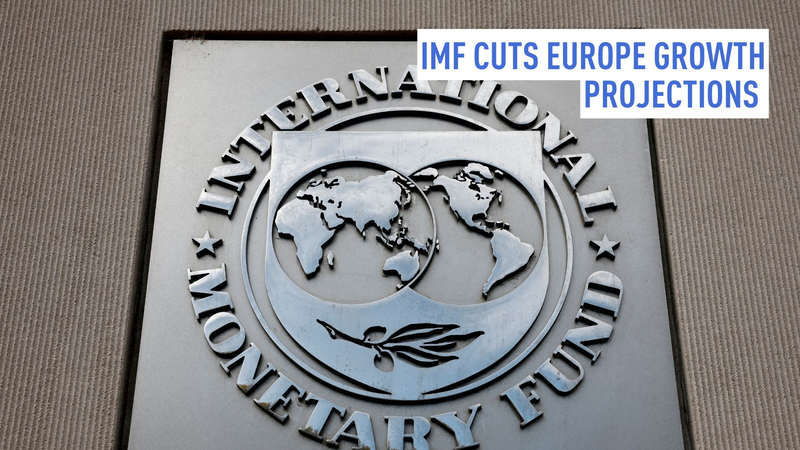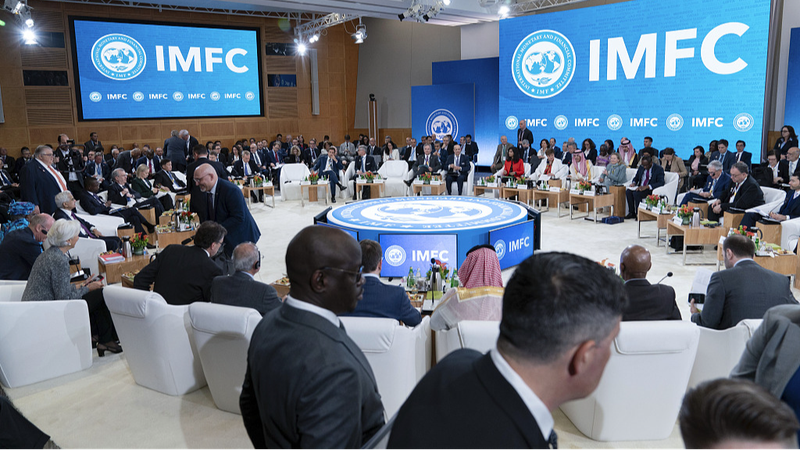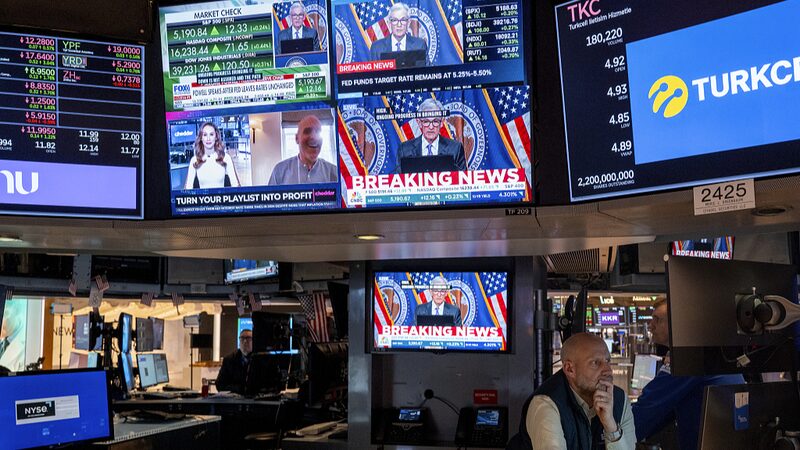The International Monetary Fund (IMF) has revised Europe’s economic growth projections downward, citing persistent trade tensions and tightening financial conditions. The euro zone is now expected to grow by 0.8% in 2025 and 1.2% in 2026, down from earlier forecasts of 1% and 1.4%, respectively.
During its annual Spring Meeting in Washington D.C., the IMF highlighted escalating global trade disputes as a key risk. Alfred Kammer, Director of the IMF’s European Department, warned: "The longer tariffs remain in place, the more severe the global economic impact will be." The remarks come as the U.S. maintains a 25% duty on European steel and aluminum imports, prompting ongoing negotiations between EU and U.S. officials.
European Commission Trade Commissioner Valdis Dombrovskis and U.S. Treasury Secretary Scott Bessent are currently engaged in talks to avert further tariffs. "Our goal is to strike win-win agreements," said EU spokesperson Olof Gill. The U.S. and EU collectively drive nearly 30% of global trade, but recent tensions threaten to undermine decades of economic collaboration.
Despite challenges, the IMF noted potential upsides, including Germany’s plans to boost infrastructure and defense spending. The agency also urged European policymakers to prioritize innovation and startup ecosystems to enhance long-term competitiveness. Inflation in the region is projected to stabilize at 2% by late 2025.
For investors and businesses, the IMF’s outlook underscores the interconnected risks of trade policies and financial stability. As global economic players navigate this delicate landscape, Europe’s ability to adapt may determine its role in shaping post-pandemic recovery.
Reference(s):
cgtn.com








